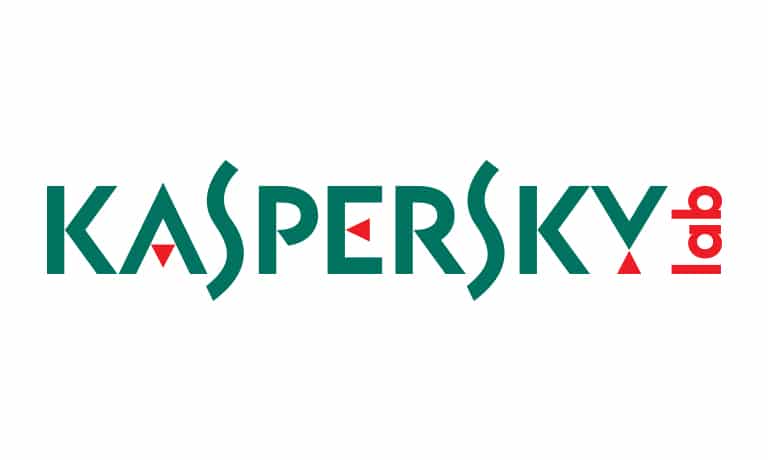Kaspersky Lab this week released an update for its Secure Mail Gateway to resolve a series of vulnerabilities that could lead to account takeover, code execution, and privilege escalation.
The Kaspersky Secure Mail Gateway is an integrated email system and security solution that comes bundled with anti-spam, anti-malware, and anti-phishing and deployed on a virtual appliance.
Core Security Technologies found four security flaws in Kaspersky’s product, including Cross-Site Request Forgery, Improper Neutralization of Special Elements in Output Used by a Downstream Component, Improper Privilege Management, and Improper Neutralization of Input during Web Page Generation.
A remote attacker could exploit these issues to gain command execution as root, Core Security’s researchers say. The bugs were found in Kaspersky Secure Mail Gateway 1.1.0.379.
Kaspersky Secure Mail Gateway comes with a Web Management Console to monitor the application status and manage operations, but has no cross-site request forgery protection site-wide, which could lead to administrative account takeover, Core Security’s advisory noted.
An attacker could submit authenticated requests when an authenticated user browses an attacker-controlled domain, the researchers explain. Thus, a feature that allows users to restore a backup file that overwrites the appliance’s configuration can be abused to overwrite the original passwd file and provide the attacker with admin access.
Furthermore, an attacker who accesses the Web Console could gain command execution as root through the injection of arbitrary content into the appliance’s Postfix configuration.
The console makes it possible to add a “BCC Address for all Messages”, a configuration parameter written verbatim to the appliance’s Postfix main.cf configuration file. When adding LF characters to it, an attacker could inject a configuration parameter to execute arbitrary commands on the appliance as root.
This allows the attacker to execute any binary on the system, but can’t pass arguments to it. However, it is possible to overcome this by abusing another Web Console functionality to upload a Python script to the file system, the researchers discovered.
The third issue could allow an attacker to elevate privileges from kluser to root by abusing a setuid binary shipped with the appliance and execute a script on the attacker-controlled location with root privileges.
A reflected cross-site scripting flaw also impacts the Management Console. The issue resides in the callback parameter of the importSettings action method.
The security researchers reported the bugs to Kaspersky in early October 2017. On February 1, 2017, Kaspersky published an advisory to announce the patching of these issues in Kaspersky Secure Mail Gateway 1.1 MR1. Impacted customers are advised to upgrade to the new release as soon as possible.
Source: securityweek.com
